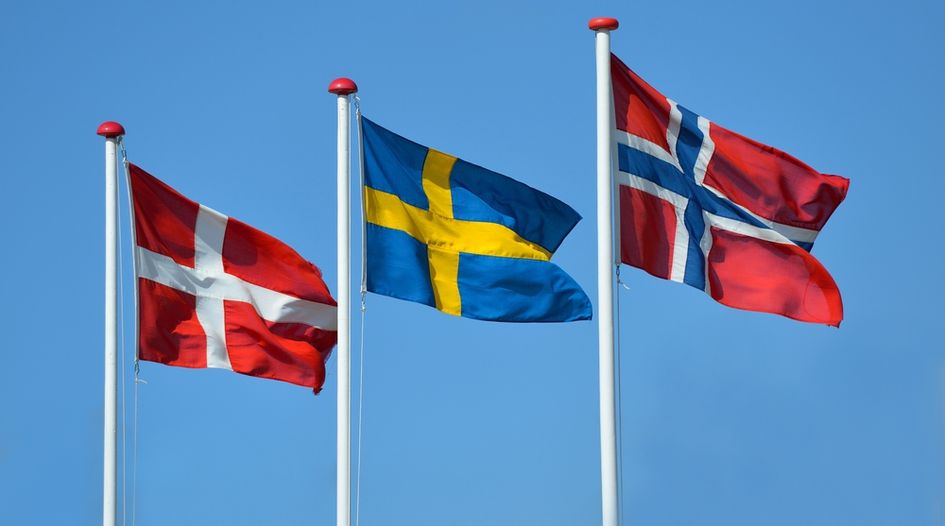How evolving regulations are affecting trademark registrations related to NFTS and virtual goods and services in 2023

The registration of trademarks related to virtual goods and NFTs has been an international hot topic for many months. Consequently, many brand owners have been lining up to extend the protection of their marks to the metaverse, virtual reality worlds and other iterations of the upcoming Web 3.0.
Until 2023, the absence of harmonised class regulations for such goods and services sometimes hindered registration by creating confusion with regard to the classification of digital goods compared to their physical counterparts.
On 1 January of this year, the much-anticipated 12th edition of the Nice Classification of Goods and Services came into force, adding the term “downloadable digital files authenticated by non-fungible tokens [NFTs]” to Class 9 and including all virtual goods within it.
Following the lead of many national IP offices, the Swedish, Danish and Norwegian Patent and Trademark Offices have since presented their respective views on these issues, providing clarity for trademark applicants.
Scandinavian approaches
NFTs
All three countries adhere to a common principle for examining NFT-related goods: NFTs are not goods but rather an authentication method for digital files based on the blockchain technology involved.
Therefore, trademark applicants in each jurisdiction must specify the requisite digital product authenticated by the NFT.
Examples of acceptable formulations include:
- downloadable digital files authenticated by NFTs;
- downloadable virtual goods, namely, virtual clothes, authenticated by NFTs; and
- virtual clothes authenticated by NFTs.
Services in virtual environments or related to virtual goods
When classifying services in Scandinavian jurisdictions, the service – not the goods or environments that it relates to – creates the grounds for classification. For example, retail of clothing, even virtual, always belongs to Class 35 and medical consulting within virtual reality belongs to Class 44.
Virtual goods
According to the Swedish Patent and Trademark Office and the Danish Patent and Trademark Office, virtual goods are digital content or images that can be bought, sold and used as items by virtual communities or in games. Their digital nature determines their association with Class 9 of the Nice Classification.
However, the term ‘virtual goods’ in these jurisdictions is arguably too broad and needs to be narrowed down to specific goods using the requisite trademark. This specification requirement applies to the retail of virtual goods as well.
Applicants in Norway should bear in mind that the Norwegian Industrial Property Office (NIPO) does not publish its guidelines on trademark registrations in general, and NFT-related trademarks are no exception.
While the NIPO accepts the NFT-related term from the latest Nice Classification, in practice, the office’s requirements for descriptions of virtual goods are more stringent than those of its Swedish and Danish counterparts.
In a recent case, the NIPO rejected the formulation “non-downloadable virtual clothes” in Class 9 and required it to be amended to “non-downloadable digital files in the form of virtual clothes”. This development suggests that the NIPO sees virtual goods only as digital files and requires applicants to describe their products accordingly.
Looking ahead
The respective approaches of Scandinavian IP offices to the registration of trademarks related to NFTs and virtual goods and services are still under development. International harmonisation is still a ways away.
However, we can expect a larger pool of trademark applications in this space over the coming year – especially following the entrance of the latest Nice Classification into force. Pivotal decisions – and any subsequent case law or rejections – from the Scandinavian authorities will prove especially valuable in this interim period, which is currently characterised by a lack of official guidance and alignment throughout Europe.
This is an Insight article, written by a selected partner as part of WTR's co-published content. Read more on Insight
Copyright © Law Business ResearchCompany Number: 03281866 VAT: GB 160 7529 10